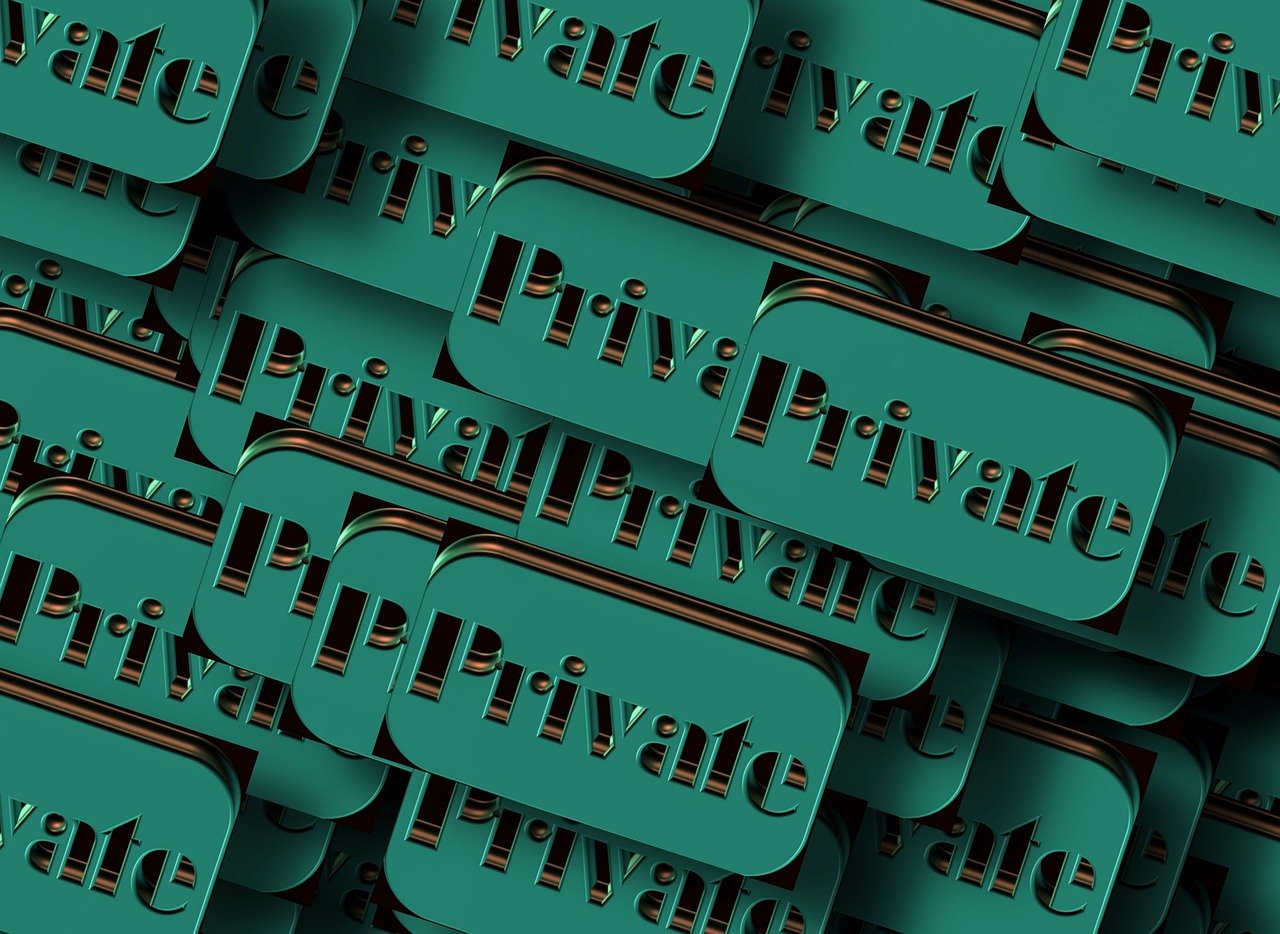Have you ever shared something personal, only to feel raw and exposed afterward? I recently went through that exact experience, and it left me feeling like I had laid myself bare for the world to see. I didn’t realize just how important it is to keep certain things private until I felt the consequences of sharing too much.
If you’ve ever felt this way, or if you simply don’t know where to draw the line when it comes to your personal life, you’re not alone. Let me share what I’ve learned about why privacy matters and how to protect it—because no one should have to feel as exposed as I did.
Why Privacy Matters
It’s easy to think that being open and honest is always the best approach. But the truth is, not everything needs to be shared with everyone. Some areas of our lives are better kept private, not out of shame or secrecy, but to protect ourselves emotionally, mentally, and even physically.
Here are a few things I wish I had known to keep private before feeling completely ripped open:
1. Finances Aren’t for Public Discussion
It can feel natural to talk about money, especially when friends or family ask. But discussing your income, debts, or financial plans can lead to judgement or unwanted advice. It’s perfectly okay to respond with something like, “I keep my finances private—it just works better for me.”
2. Your Health is Your Business
When it comes to medical issues, sharing can sometimes invite well-meaning but intrusive questions or advice. After oversharing about my own health, I realized it’s best to say, “I’m handling it, thanks for asking,” and leave it at that. Your health journey is personal, and not everyone needs to be part of that conversation.
3. Passwords and Security Stay Private
We all know not to share our passwords, but people might ask for security details in casual ways. Protect your information by standing firm: “I don’t share that for security reasons.” Trust me, it’s not worth the risk of exposure.
4. Private Conversations Stay Private
I learned the hard way that sharing details from personal conversations—whether with friends, family, or a therapist—can lead to misunderstandings or broken trust. Now, I say something like, “That was a personal chat, and I’d like to keep it between us.”
5. Legal Matters? Keep it Quiet
Legal issues are delicate. I once shared too much about a situation I was going through, and it led to even more stress. Now I know to say, “I’m dealing with it privately for now, but thanks for your concern.” You don’t owe anyone details about your legal life.
6. Personal Relationships are Sacred
Romantic relationships and family dynamics can be complicated, and sharing too much can make you feel exposed or judged. I’ve found peace in simply saying, “I like to keep my personal relationships private—it works better that way.”
7. Workplace Issues Don’t Need an Audience
Talking about work conflicts or sensitive issues can seem harmless, but it can create unnecessary tension or even harm your career. When people pry, I now say, “I prefer not to discuss work problems outside of work.”
8. Your Beliefs Are Personal
We all have deeply held beliefs—whether political, religious, or personal—that may not need to be shared with everyone. If someone pushes too hard, I simply say, “I keep that part of my life private.” and move on to a different topic.
9. Future Plans Aren’t Always Ready to Share
Talking about your future goals can open the door to doubts, criticism, or pressure before you’re ready to handle it. I’ve learned to protect my plans by saying, “I’m still working through some things, and I prefer to keep my plans to myself for now.”
When People Pry: What to Do
I didn’t always know what should remain private, and I’ve been on the receiving end of some deeply uncomfortable prying questions. If you feel someone is trying to get too close to areas you’re not ready to discuss, here are some ways to protect your boundaries:
- Deflect: Gently steer the conversation away from what they’re asking. “I’m not comfortable talking about that, but how have you been doing?”
- Set Boundaries: Be direct if necessary. “That’s something I keep to myself, thanks for understanding.”
- Use Humor: Sometimes a lighthearted response works. “Oh, that’s classified information!”
- Stand Firm: If they persist, stay calm and firm. “I’ve mentioned I’m not comfortable discussing that.”
Takeaway: Protect Your Privacy, Protect Yourself
If you’ve ever felt exposed after sharing too much, I understand how vulnerable that feels. Privacy isn’t about hiding—it’s about protecting your inner peace, your emotional well-being, and your personal security. By learning to keep certain things private, you can reclaim control over your life and keep yourself safe from unnecessary hurt.
Remember: It’s okay to say no. It’s okay to keep things for yourself. Your privacy is your right, and no one has the power to take that away from you.
Not everything has to be shared — and that’s healthy. If you’re feeling exposed, overwhelmed, or unsure where your boundaries are, therapy can help you find clarity and calm. Together, we’ll work on protecting what matters to you, without guilt or over-explaining. Your privacy is powerful — let’s help you own it.




Leave a Reply